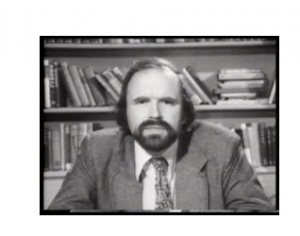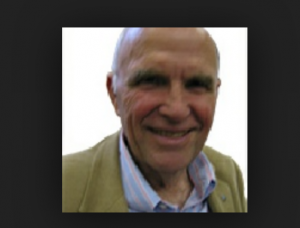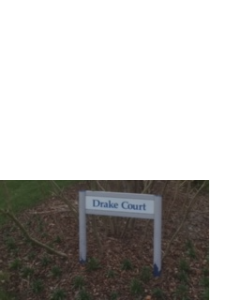50 objects for 50 years. No 45. Drake Court
Monday, February 25th, 2019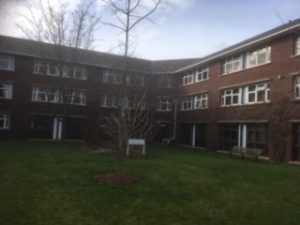
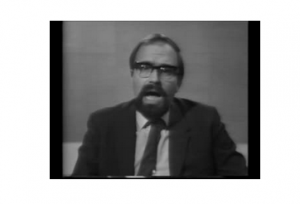 The court, to be found around the back of the Gardiner Building, is named after Michael Drake, the first Dean of Social Sciences. He is also why Social Sciences courses are prefixed ‘D’. He recalled how in late 1968 or early 1969 the VC’s Committee of the OU (now the VCE) met.
The court, to be found around the back of the Gardiner Building, is named after Michael Drake, the first Dean of Social Sciences. He is also why Social Sciences courses are prefixed ‘D’. He recalled how in late 1968 or early 1969 the VC’s Committee of the OU (now the VCE) met.
An item on the agenda was to give a letter to each of the proposed Foundation courses and all courses thereafter. Some letters were easy; ‘S’ for Science, ‘E’ for Education, ‘A’ for Arts etc. But what about Social Sciences? SS seemed inappropriate and anyway two letters would double inputting time. I piped up – ‘Isn’t it obvious? ‘O.K, D it is’ and Joe Clinch then Assistant Secretary, minuted it.
Now an Emeritus Professor in the Faculty of Arts & Social Sciences, Michael Drake contributed to numerous modules both in print and on the television and radio. He has encouraged communication between staff, been active in 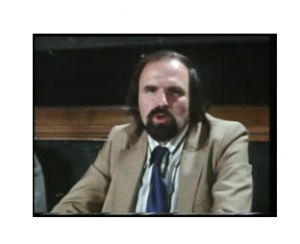 the local history society and his recollections have appeared in the local press. A longer recording has been made for the OU Archives. Much of his research and teaching focused on the population studies (he studied half-a-million baptism, marriage and burial records from Morley Wapentake, Yorkshire as part of an early project). He wanted to bring elements from the social sciences together with elments from the traditions associated with historians.
the local history society and his recollections have appeared in the local press. A longer recording has been made for the OU Archives. Much of his research and teaching focused on the population studies (he studied half-a-million baptism, marriage and burial records from Morley Wapentake, Yorkshire as part of an early project). He wanted to bring elements from the social sciences together with elments from the traditions associated with historians.
Building on his interest in the integration of a popular interest in family history with the disciplines of history and the social sciences Michael Drake and colleagues developed a series of OU modules. Historical Sources and the Social Scientist, D301, which was presented 1974-1988, enabled students to engage in ‘explorations of the past undertaken for the explicit purpose of advancing social scientific enquiry’. Students’ history dissertations, on topics of their choice, employed social scientific methods to complete history dissertations. Between 1994 and 2001 Family and Community History: 19th and 20th centuries, DA301 was presented. Framed by the wider OU commitment to recognizing and valuing the students’ knowledge and experience it too emphasised the need to employ the scientific methods of clearly identifying aims, hypothesizing and using theoretical models against which the findings of local research might be set. Using a problem-based learning approach, students were taught the skills required for small-scale research. On one occasion, with financial support from the Wellcome Trust, he helped over 30 students to explore the history of infant mortality in the years 1871-1910 with a focus on individuals. The studdents submitted their work for a BPhil, an MPhil or a DPhil. He sought to collapse the dichotomy of ‘inside-out and outside-in’, that is to merge the separate, parallel, streets leading either to universities from independent scholarship or vice versa. This was realised in his work for Object Number 25, FACHRS.